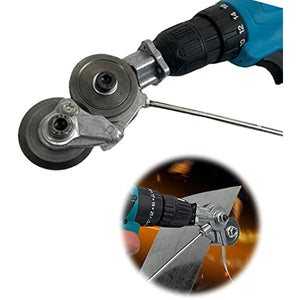Home Improvement Air
Enhancing Indoor Air Quality: Essential Air Home Improvement Tips
Improving the air quality in your home is crucial for health and comfort. This blog post explores various air home improvement strategies that you can implement to create a healthier living environment.
The Importance of Indoor Air Quality
Indoor air quality is often overlooked, yet it plays a significant role in our overall well-being. Poor air quality can lead to respiratory issues, allergies, and other health problems. With the right air home improvement techniques, you can enhance your indoor atmosphere and promote better health.
Understanding Common Indoor Air Pollutants
To improve the air in your home, it's essential to identify common indoor air pollutants. These can include:
- Dust and dust mites
- Pet dander
- Mold spores
- Volatile organic compounds (VOCs) from paints and cleaners
- Carbon monoxide from appliances
Effective Air Home Improvement Solutions
1. Invest in an Air Purifier
One of the best investments you can make for air home improvement is a high-quality air purifier. Look for models with HEPA filters, which are designed to capture 99.97% of particles that are 0.3 microns in size, effectively reducing allergens in the air.
2. Enhance Ventilation
Good home ventilation is crucial for maintaining fresh air indoors. Consider these options:
- Open windows regularly to allow fresh outdoor air in.
- Install exhaust fans in kitchens and bathrooms to eliminate moisture and odors.
- Utilize sash or window fans to improve cross-ventilation.
3. Use Natural Air Fresheners
Instead of chemical-laden air fresheners, opt for natural air fresheners. Essential oils and homemade potpourri can effectively freshen up your home without introducing harmful chemicals.
Regular Maintenance for Better Air Quality
1. Change Air Filters Regularly
Your HVAC system's air filters should be changed at least every three months. A clean air filter enhances airflow and eliminates contaminants, thus improving indoor air quality.
2. Clean Ducts and Vents
Over time, dust and debris can accumulate in your ducts and vents. Regular professional cleaning of your HVAC ducts ensures that the air circulating in your home is clean and free from pollutants.
3. Control Humidity Levels
Maintaining optimal humidity levels (between 30-50%) reduces mold growth and mitigates dust mites. Use a dehumidifier or humidifier as necessary for air home improvement.
Conclusion
Improving the air quality in your home not only enhances comfort but also promotes better health. Implementing these air home improvement strategies will help create a cleaner, healthier living environment for you and your family.














